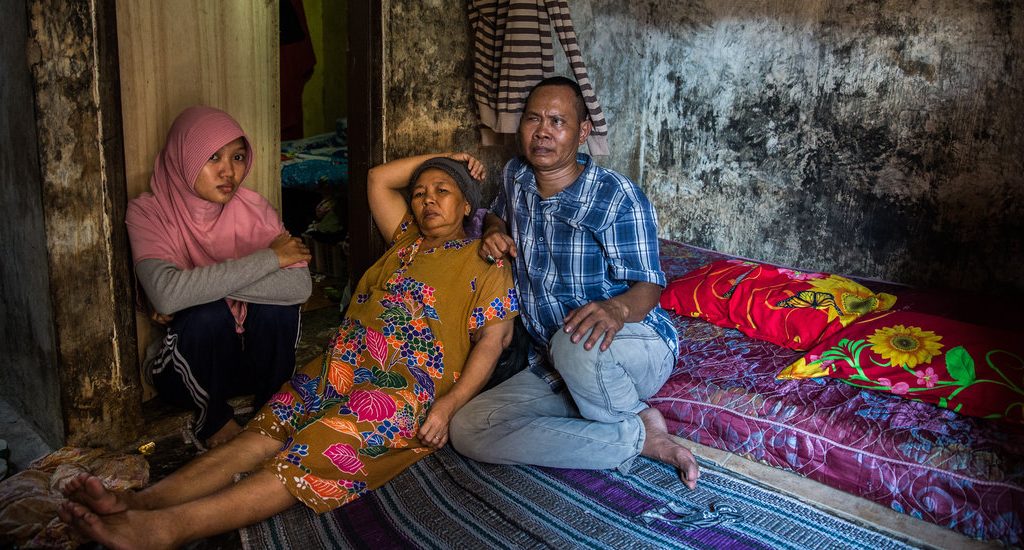What the closure of a food stall during Ramadan says about the challenges of decentralisation in Indonesia.
In June, the raid of a small food stall owned by Saeni, an elderly mother of four, by officials in Serang, Indonesia, sparked heated debate on social media.
Saeni was accused of violating a local bylaw against serving daytime meals during the holy month.
After the furore, officials from the Public Order Agency, Satpol PP, argued that the seizure was conducted legally and was mandated by local regulations, which require that all food stalls are closed during daytime in Ramadan.
Although the regulation was implemented in 2010, Saeni’s case brought it to the forefront of public debate on religious intolerance.
The debate also attracted the attention of two prominent political figures at the top of Indonesia’s political food chain. In response to the incident, President Joko Widodo provided Saeni financial assistance worth 10 million rupiah (A$ 990), whereas Vice President Jusuf Kalla criticised the Satpol PP officials’ actions as too excessive.
Moreover, the government of Indonesia used the case to announce the cancelation of more than 3,000 conflicting local government regulations (Peraturan Daerah or Perda), which were annulled because they were seen to impede local business, investment and economic growth.
In addition, the government is now reviewing Perda that contain intolerance and discrimination. This review raises pros and cons regarding the management of Indonesia’s ambitious project of decentralisation that gives regions the power to make law, particularly for regulations touching on religious matters.
As an upper institution, Indonesia’s central government has a right to curb problematic regulations within its jurisdiction. However, if such rollbacks are conducted without comprehensive research, it can lead to neopatrimonialism, a condition where political leaders utilise state resources for their self-interest. Perda that are considered as ‘interrupting’ the central government’s gain can therefore be abolished easily. This phenomenon potentially hurts the spirit of decentralisation.
On the other side of the coin, there are some positives, not least the fact that the acts of review by the central government can be used to stop local leaders from abusing their autonomous power.
For instance, in Bengkulu Tengah Regency the local government has published a local regulation on religious matters, stating that an ability to read the Qur’an is a requirement for marriage. This Perda of course contradicts the upper laws, particularly the law on local government, which prohibits local governments from regulating religious affairs. The local bylaw also contravenes marriage requirements outlined in Indonesia’s law on marriage; even Islamic law itself does not regulate the ability to read Qur’an as a requirement of marriage.
In the future, Indonesia’s central government should continue to guide local governments when it comes to creating local laws in order to minimise a potential conflict of interest when it comes to regulation.
As such, the Ministry of Home Affairs should be praised for issuing instructions that explain the steps local governments should take in withdrawing or modifying local regulations that impede the effectiveness of the bureaucracy and investment.
At the same time, the review process should not be used as a means to weaken the autonomous character of local regions. Local governments should have the freedom to develop and manage their regions within the framework of decentralisation.
Prischa Listiningrum is studying a master’s of international law at the University of Edinburgh.
Rizqi Bachtiar is studying a master’s of Public Administration (MPA), University of Birmingham.
 Facebook
Facebook  Twitter
Twitter  Soundcloud
Soundcloud  Youtube
Youtube  Rss
Rss 